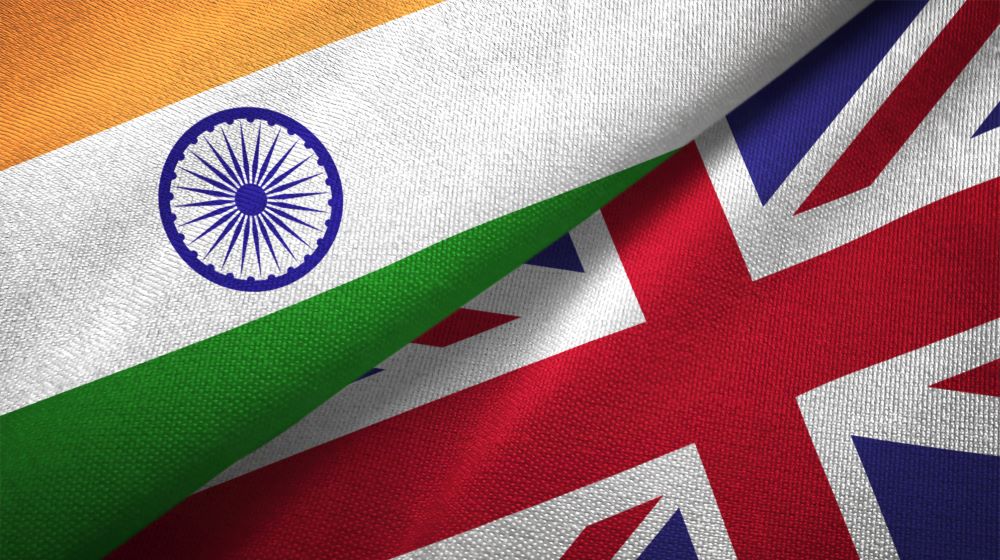
Progress in the UK’s negotiations for a trade deal with India could be impacted by comments from Suella Braverman on migration, according to reports in the national media.
Last week, the home secretary said Indian nationals were the largest group of overstaying migrants in the UK as she pressed the case for tougher border controls.
Officials annoyed
Her intervention is reported to have infuriated officials in India and the UK close to the talks. It had been hoped that the two countries could secure the deal this month.
An increase in visas for Indian workers and students is one of India’s main asks in the negotiations, which Britain hopes will improve access to its exporters.
Trade between the countries is currently worth about £24 billion, with hopes that this can increase.
Relationship hit
Indian government sources have told the Times that the “relationship has taken a step back”.
“There’s still a lot of goodwill but if certain individuals are still embedded in the government it will paralyse the talks,” they added.
Negotiations always challenging
The director general of the Institute of Export & International Trade, Marco Forgione, says that he hopes a deal can still be agreed this year because of the opportunities it would create for several sectors, including automotive and whisky.
However, he acknowledged that there were “challenges and difficulties” in the talks.
He said:
“There are always challenges and difficulties in any negotiation. The Diwali deadline was always optimistic but it has served a purpose in bringing a clear focus to the talks.
“If it’s not met, we hope that an initial agreement can at least be reached by the end of 2022 or early in 2023, but the government should of course remain focused on securing a good deal rather than any deal.
“We shouldn’t forget what a significant opportunity this is for the UK though. The UK can gain a huge first-mover advantage by securing an agreement with India, showing the benefits of its post-Brexit trade independence.
“The potential gains for the automotive sector and Scotch whisky are particularly significant. Addressing 150% duties for whisky could grow this market for UK producers by £1 billion over the next five years. Reducing the 30% tariff on cars would also be a significant boost the automotive sector.
“There are also massive opportunities for our services sector in the deal, so we should remain mindful of that, while at the same time backing the government in its pledge to get a good deal.”
Modi visit
According to Politico, Indian prime minister Narendra Modi’s visit to London later this month had been pinpointed as an opportune moment for the pact to be signed.
India and the UK remain keen to wrap up a deal by the 24 October target, reports the Indian Express, quoting a Ministry of External Affairs (MEA) spokesperson, who said: “there is interest on both sides to conclude the free trade agreement at the earliest.”
Other hurdles to a substantive agreement have emerged, including data localisation rules that ensure foreign companies keep data in India and allow UK firms to bid for Indian government contracts, reports The Telegraph.
‘Iterative’ deals
Although international trade minister Kemi Badenoch has vowed to reach a deal with India before the deadline, government sources said it could be the first of a number of “iterative” and “thin” deals, rather than a final comprehensive agreement.
A statement from the Department for International Trade (DIT) said that any trade deal would be agreed only if it meets the UK’s interests, reports the India Times.



